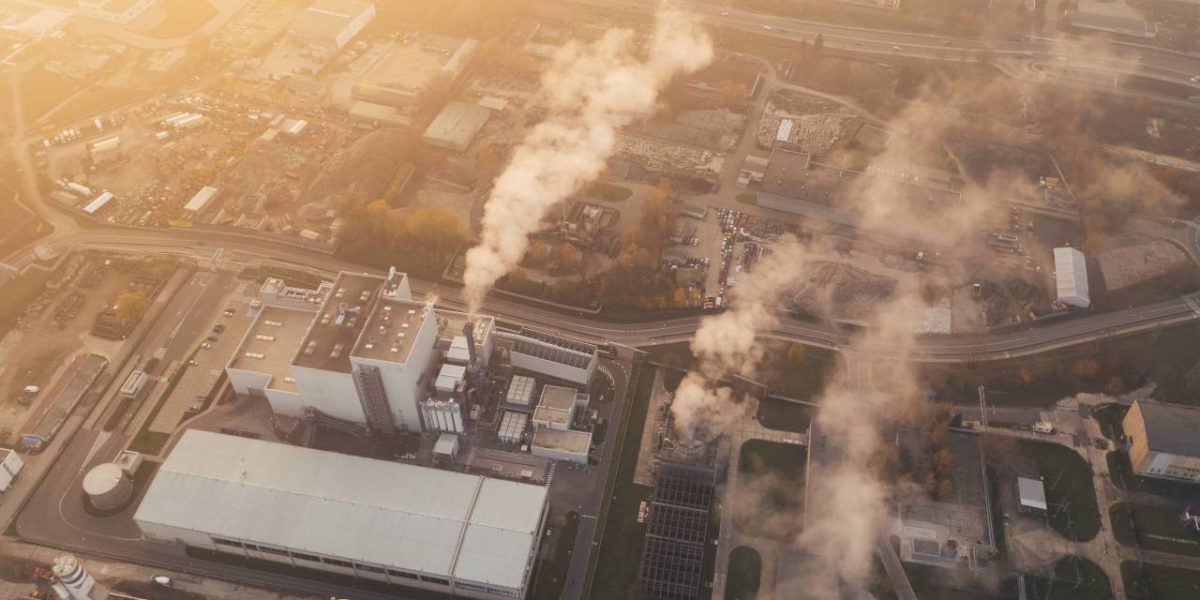As the fight to reach net-zero emissions by 2050 continues, a new report by Canada’s Net-Zero Advisory Body (NZAB) has laid out 25 recommendations to help Canada achieve the target critical for avoiding climate catastrophe.
The 77-page report contains 25 pieces of advice on Canada’s transition to net-zero emissions by 2050, while also building on 40 recommendations provided in the “Submission for Canada’s 2030 Emissions Reduction Plan.”
Their findings are in line with the Canadian Net-Zero Emissions Accountability Act’s mandate to provide independent advice to the Minister of Environment and Climate Change on reaching net-zero emissions by 2050.
It calls on the federal government to create an independent modelling and data centre of excellence that’s operational by 2024, while also encouraging Environment and Climate Change Canada to close the two-year data lag when it comes to reporting the country’s greenhouse gas emissions.
While Canada’s 2022 Fall Economic Statement acknowledged “Canadian workers need a robust industrial policy,” the advisory body pointed out there’s been no further news on setting up “the structures and methodologies to institutionalize a true net-zero industrial policy” to meet 2030 Emissions Reduction Plan (ERP) targets.
With just seven years until ERPs must be implemented to mitigate the climate crisis, the International Energy Agency says while Canada saw a drop in emissions in 2020, there’s strong evidence global emissions are returning to pre-pandemic levels.
As the net-zero advisory body makes clear, these implementations aren’t just suggestions — the future of the planet depends on them.
“It is necessary to address these systemic issues this decade so that after 2030 we can focus on the widespread deployment of net-zero solutions, occupy a clear place in global net-zero supply chains, and ensure all Canadians are empowered to thrive in and contribute to a net-zero society,” the report’s conclusion reads.
Canada has worst climate record of any G7 country
For NDP environment and climate change critic Laurel Collins, the report reinforces the urgency needed to combat the climate crisis “before time runs out.”
The report lays out the capacity, structures and accountabilities required to achieve the transformation by modelling Canada’s pathway to net-zero.
“With extreme damage and loss because of climate change becoming more common for Canadians, people expect their government to show climate leadership and protect them from these losses,” Collins said in a statement.
Collins pointed out Canada has the worst climate action record of any G7 country.
That finding comes from a 2021 report from the Canadian Centre for Policy Alternatives, which found emissions in the country have increased the greatest in any G7 country since the signing of the Paris Climate Accord in 2016.
The report’s author, veteran earth scientist David Hughes, noted at the time “a stark change in direction is needed if Canada is to meet its emissions-reduction targets.”
Not only does the report provide a blueprint to eliminating greenhouse gas emissions in Canada, it also explores ways to improve net-zero governance, as well as ways to steer the economy towards a competitive future as a leader in net-zero energy.
“While we are confident our advice will help put Canada on the right path, bringing the full suite of ERP measures and proposals to fruition as quickly and rigorously as possible is required for success,” a letter to Guilbeault from the report’s co-chairs reads.
Some ERP measures are gaining momentum, like zero-emission vehicle mandates. But researchers say others, like emissions caps for the oil and gas sector, are “earlier in their evolution” and “may encounter resistance.”
Regardless of how contentious these efforts may be, the co-chairs tell Guilbeault they “are critical to attaining Canada’s 2030 emission reduction targets.”
Ultimately, the only beneficiary of pushback to eliminating greenhouse gas emissions is, ironically, the climate crisis itself.
Industries like steel and cement are slowly lessening their carbon footprint, but emissions from the oil and gas sectors have not stopped rising. The report shows, between 2005 and 2019, emissions from oil and gas rose by nearly 20 per cent — even as emissions from the rest of the economy declined by six per cent.
“Without an oil and gas emissions cap, Canada is unlikely to attain its 2030 emission target,” the report warns, calling for a “rigorous but fair cap” on those sectors.
Time running out to mitigate the climate crisis
According to a study released this week, the world is already on the verge of warming by 1.5 degrees.
Using artificial intelligence, the study analyzed historical temperature data to conclude that Earth is set to reach that dangerous mark between 2033 and 2035, with the two degree threshold set to be reached by 2050.
If those numbers are even close to being correct, the goal of reaching net-zero emissions by 2050 leaves little, if any, sand left in the hourglass to save humanity.
As part of the legislation, which was introduced in June 2021, Environment and Climate Change Minister Steven Guilbeault is required to respond to the annual report within 120 days.
“Good, sound evidence-based decision-making requires good, sound evidence,” said Guilbeault in a January 27 statement welcoming the report’s recommendations, which include “economic costs and opportunities, environmental benefits, contributions to inclusivity and well-being, and technological readiness.”
Guilbeault confirmed his department is reviewing the recommendations, and is set to publish a response by April 29.



